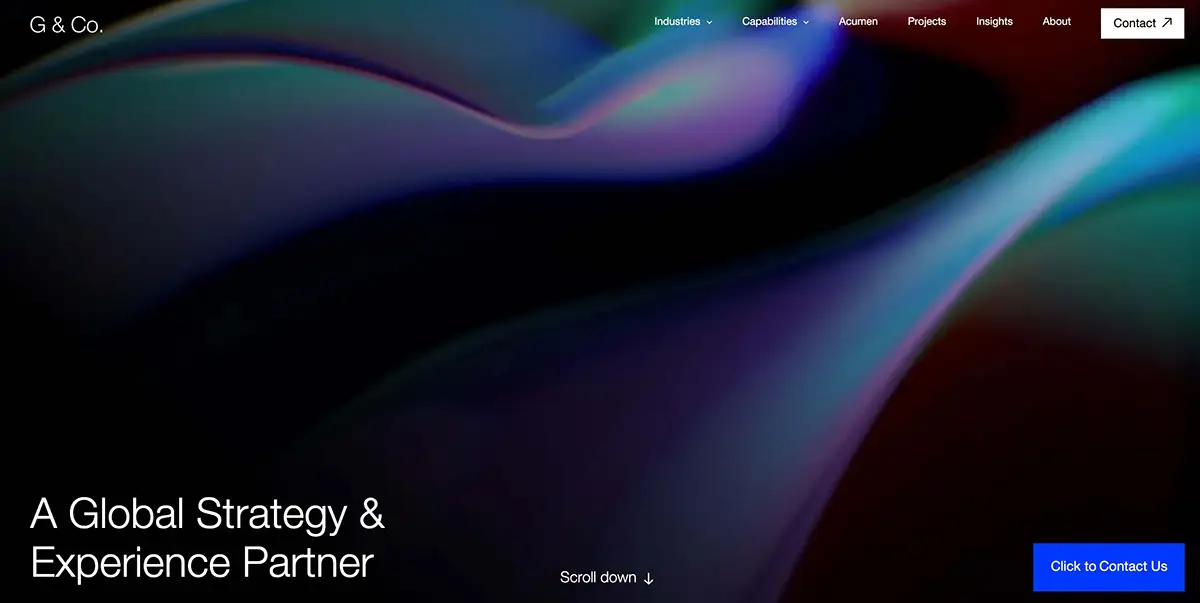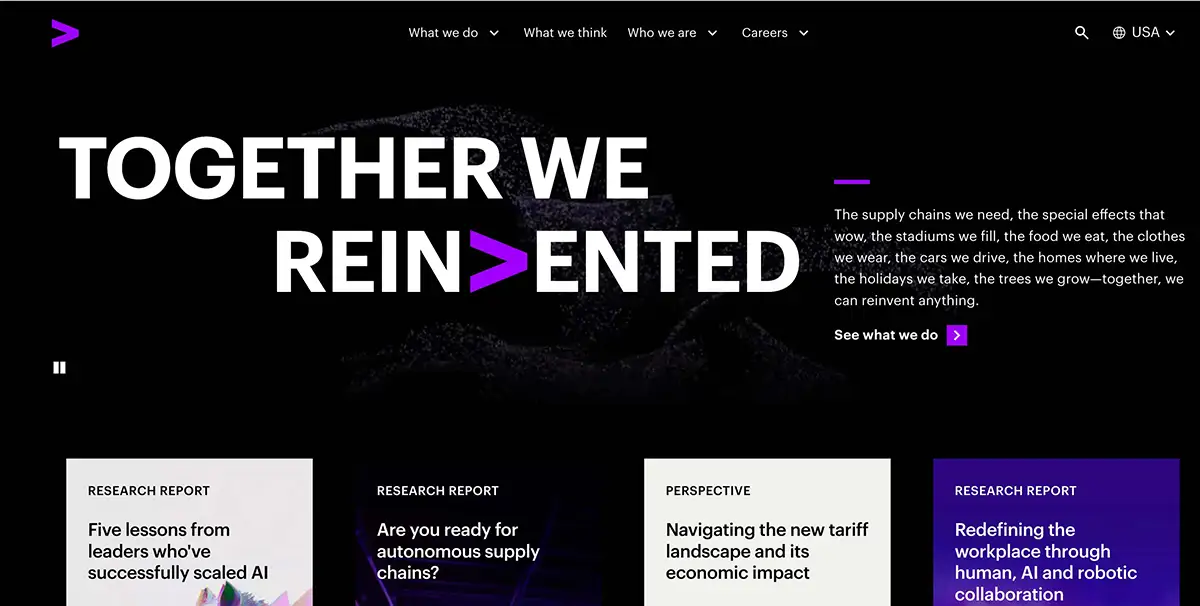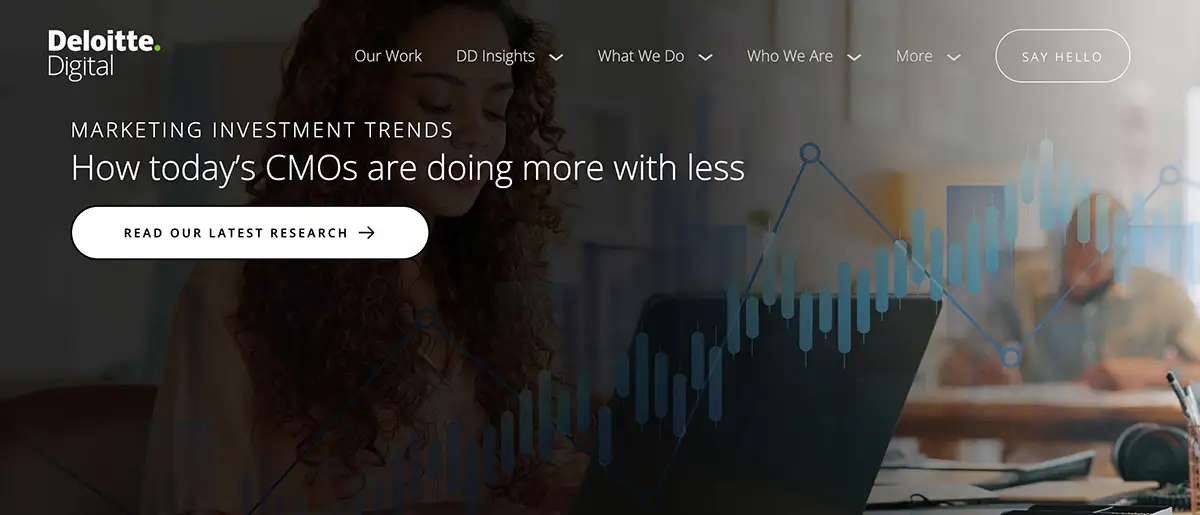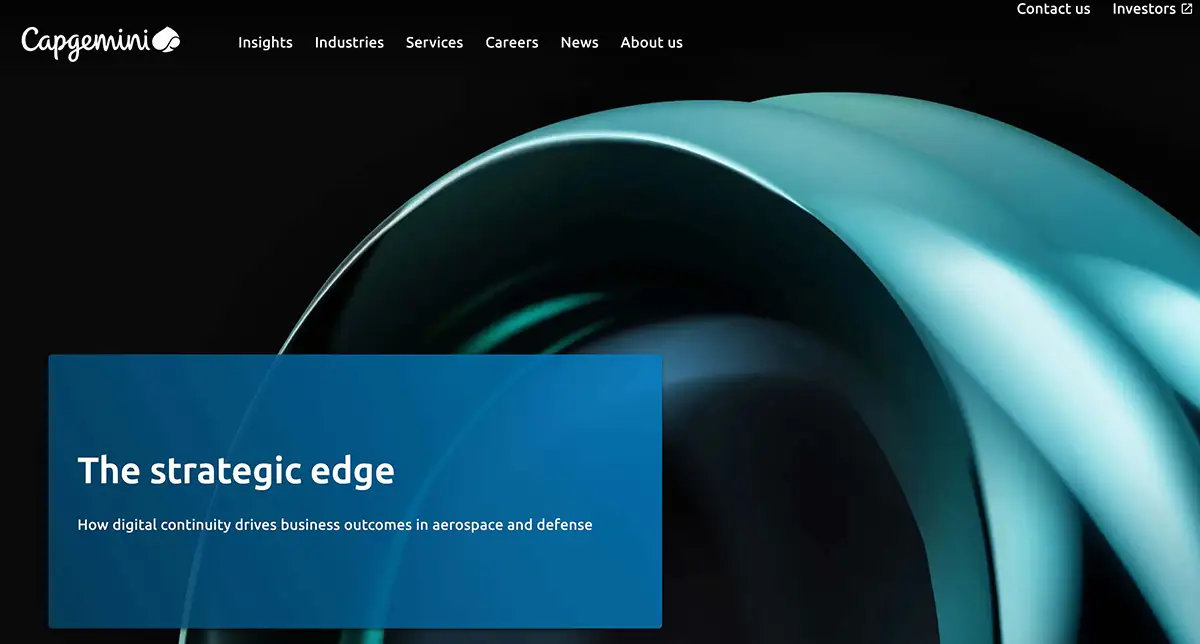
Top 5 Salesforce Integration Companies You Should Know in March 2026
Introduction
Enterprise brands are investing more than ever in digital transformation—and Salesforce integration is at the heart of that evolution. With over 150,000 companies using Salesforce globally, selecting the right Salesforce integration company is a critical step for organizations seeking scalability, operational efficiency, and unified customer data.
This article is designed for Directors, VPs, and Heads of Technology or Marketing at enterprise-level companies (1,000+ employees) managing complex tech environments. Whether you’re modernizing your stack or aligning systems, this curated list highlights the top Salesforce integration partners of 2026—firms known for delivering expert Salesforce integration services and long-term business value.
You’ll discover trusted firms offering not only Salesforce integrations and strategy, but also deep platform specialization to unlock measurable outcomes.
The List
1. G & Co.
What It Is: G & Co. is a strategy-led digital transformation firm recognized for delivering seamless, enterprise-grade Salesforce integration solutions.
Features and Pros: With deep expertise across platform integration, data orchestration, and customer experience design, G & Co. helps enterprise clients unlock the full potential of Salesforce. Their approach emphasizes speed, business alignment, and measurable impact.
Why It Matters: G & Co. stands out as a Salesforce integration partner that goes beyond implementation—combining advisory, architecture, and delivery to create long-term business value. Their work in complex Salesforce integrations has positioned them as a leading force in digital transformation.

2. Accenture
What It Is: A global consulting and technology leader, Accenture delivers full-scale Salesforce integration services through its dedicated Salesforce Business Group.
Features and Pros: With specialization across Marketing Cloud, Service Cloud, and MuleSoft, Accenture supports large-scale Salesforce integrations with speed and reliability through a global delivery model.
Why It Matters: For enterprise firms managing omnichannel journeys and legacy systems, Accenture enables seamless Salesforce integration with minimal disruption. It’s also a preferred Salesforce integration partner for digital transformation initiatives.

3. Deloitte Digital
What It Is: Deloitte Digital blends strategic advisory and robust technical delivery across a range of Salesforce integration consulting engagements.
Features and Pros: Known for unifying IT and marketing teams, Deloitte delivers everything from CRM transformation to governance and integration for Salesforce across functions. Their team includes certified developers and industry specialists.
Why It Matters: Deloitte is ideal for companies seeking not just tools, but full business alignment. It remains a trusted Salesforce integration company across industries like healthcare, finance, and retail.

4. Slalom
What It Is: Slalom is a modern consultancy combining strategy, agile delivery, and technical depth—with a sharp focus on Salesforce integration.
Features and Pros: Offering local delivery with global scale, Slalom excels in flexible, collaborative engagement and has extensive experience in both B2B and B2C Salesforce integrations.
Why It Matters: For teams needing a responsive, transparent partner, Slalom delivers Salesforce integration services without compromising pace or quality. Their approach has made them a go-to Salesforce integration partner for innovation-focused brands.

5. Capgemini
What It Is: Capgemini is a multinational tech consultancy offering enterprise-scale Salesforce integration consulting and transformation strategy.
Features and Pros: Known for strengths in API management, real-time orchestration, and modernization, Capgemini delivers scalable integration for Salesforce across sectors like telecom, energy, and consumer goods.
Why It Matters: Capgemini is ideal for companies aiming to unify data and accelerate change through robust Salesforce integration frameworks.

Let’s kickstart the conversation and design stuff people will love.

Visual Summary: Snapshot Table

Strategic Commentary
What unites these firms is a shared focus on delivering seamless Salesforce integration within complex enterprise ecosystems. As CRM systems evolve into customer data platforms and digital experience hubs, the stakes of choosing the right Salesforce integration company continue to rise.
Across industries, composable architectures and connected experiences are replacing fragmented tech stacks. In this context, Salesforce integration consulting has become one of the most strategic enablers of business growth. Your Salesforce integration partner should not only deploy technology but guide long-term success through scalable, secure, and insight-driven solutions.
Conclusion & Next Steps
As enterprise digital strategy matures, the demand for scalable, secure, and future-ready Salesforce integrations will only intensify. The five firms listed here are among the most capable Salesforce integration partners operating in 2025, each able to meet the unique challenges of enterprise environments.
This quarter, consider assessing your current integration architecture and identifying potential gaps. Whether you’re preparing for a new deployment or modernizing your CRM approach, aligning with the right Salesforce integration company is key to unlocking long-term value.
Need help turning these ideas into results? Start the conversation with G & Co






%20(1).png)




